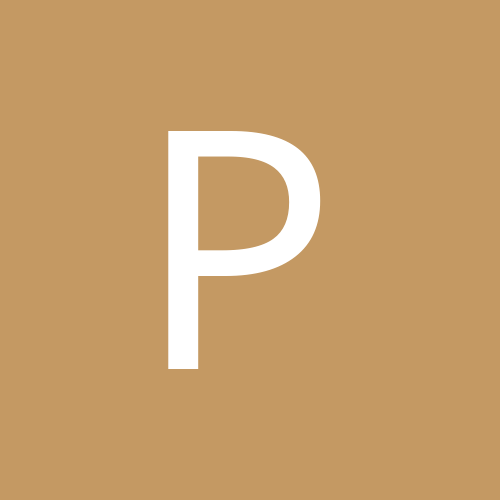
Does anyone know any exact quotes from ancient Daoist sources (before tang dynasty) which teach how to meditate correctly?
By
Phoenix3, in Daoist Discussion

By
Phoenix3, in Daoist Discussion